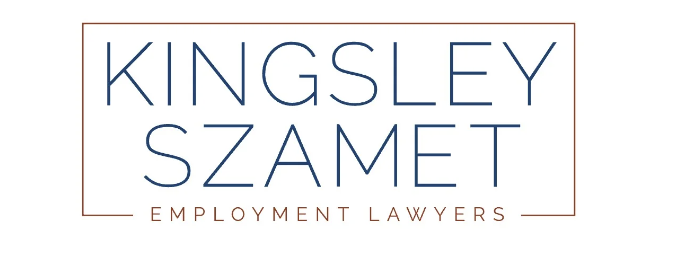
Safeguarding Workers as AI Transforms Employment
ENCINO, CA / AGILITYPR.NEWS / October 23, 2025 / In a recent NBC News profile, the significant impact of artificial intelligence (AI) on Amazon's workforce took center stage, marking an important chapter in the evolution of American labor. As the nation’s second-largest private employer, Amazon is not only transforming its logistics system but also reshaping the nature of work by integrating algorithms and automation into roles traditionally performed by humans.
While these developments promise increased efficiency, they also raise important concerns about worker protections, privacy, and fairness. As employment law evolves, our focus on employees' rights in this new AI-driven landscape must adapt as well.
AI has moved beyond simply being a tool for efficiency. In forward-thinking companies like Amazon, AI systems now manage task assignment, monitor performance, and even suggest disciplinary actions—roles once performed solely by human supervisors.
From an employee rights perspective, automated decision-making must never obscure accountability or due process. Workers deserve transparency about how algorithms affect their evaluations, promotions, or terminations.
Under laws like Title VII of the Civil Rights Act and the Americans with Disabilities Act (ADA), employers are still responsible for discriminatory or unlawful results—even if they come from AI. Employees must have the right to challenge decisions made or influenced by algorithms and to request a human review when outcomes seem biased or incorrect.
The Equal Employment Opportunity Commission (EEOC) has issued a warning that automated tools might unintentionally exclude protected groups. To protect workers, employers need to ensure that AI systems are transparent, understandable, and regularly checked for bias.
Employees should be notified when AI is used in hiring, monitoring, or disciplinary actions. Clear communication allows workers to understand and, if needed, challenge how these technologies impact their employment terms.
As companies like Amazon expand their use of robotics and AI, workforce reductions may become inevitable. Yet employees affected by automation retain vital rights.
The Worker Adjustment and Retraining Notification (WARN) Act and similar state laws may require advance notice of layoffs, even when job losses result from technological change rather than economic downturns. Additionally, workers should have access to retraining or redeployment programs to help them transition into new roles created by emerging technologies.
A proactive, transparent approach in which employers communicate openly and document retraining efforts safeguards both workers and organizations from legal disputes.
The same technologies that improve logistics can also enable intrusive forms of employee surveillance. AI tools often track worker movements, productivity, and even body language.
Such monitoring raises serious privacy and wage-hour concerns. Continuous tracking may mean employees are “on duty” longer than they are paid, potentially violating the Fair Labor Standards Act (FLSA). Additionally, several states—including California, Illinois, and New York—now regulate biometric data and workplace monitoring, giving employees explicit rights to know, to consent, and to opt out of certain surveillance practices.
As AI-driven monitoring grows, employees and their representatives must advocate for clear limits on data collection and use. Policies should balance efficiency with respect for personal dignity and privacy.
The National Labor Relations Board (NLRB) is increasingly reviewing cases involving algorithmic oversight and transparency. Unions and worker organizations are pushing for collective bargaining rights around technology use, data access, and reskilling commitments.
AI must not become a tool for union avoidance or retaliation. Instead, it can serve as a catalyst for collaboration—where employers and employees jointly decide how technology can enhance, rather than erode, the workplace.
Key Principles for Protecting Employee Rights in an AI-Driven Workplace
- Accountability: Employers remain responsible for AI-informed decisions and their impact on workers.
- Transparency: Employees have the right to know when and how AI is used in employment-related matters.
- Fairness: Automated systems must be regularly tested for bias and discrimination.
- Privacy: Data collection must be lawful, limited, and proportionate.
- Retraining: Workers displaced by technology deserve meaningful pathways to new opportunities.
AI will continue transforming the American workplace. Amazon is leading the way in seamlessly integrating people and machines, likely impacting industries across the country. As these changes occur, employee rights must grow alongside them.
By embedding fairness, transparency, and accountability into every AI-driven decision, employers can foster a future where technology enhances rather than diminishes the dignity and value of human work.
About Us
About Kingsley Szamet Employment Lawyers: Kingsley Szamet is a California‐based employment law firm that exclusively represents employees. With attorneys experienced in class actions, discrimination, wrongful terminations, and wage/hour violations, the firm has recovered over $300 million in verdicts and settlements. For more information or a free case evaluation, visit https://www.kingsleykingsley.com.
Contacts